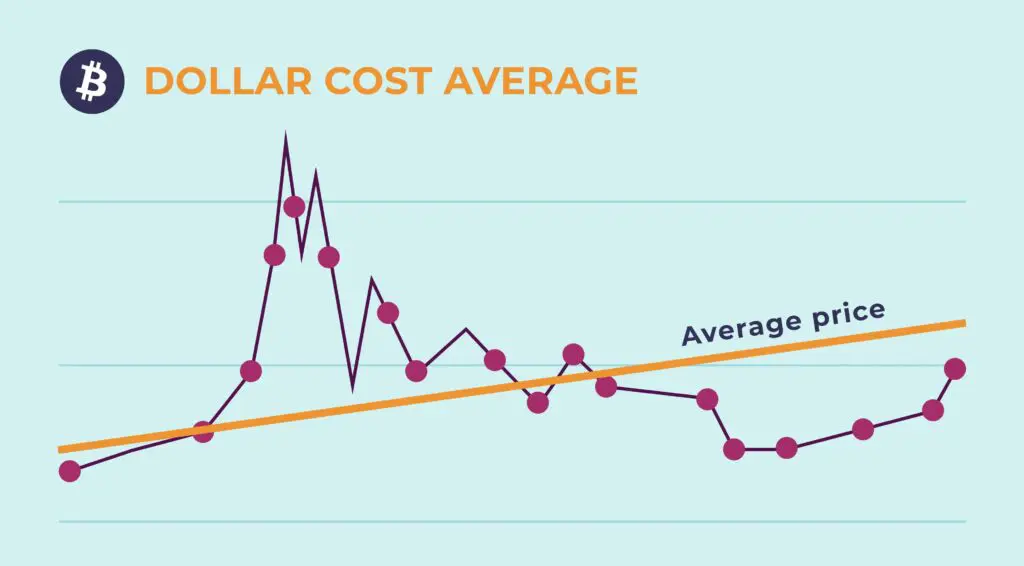Investing in the financial markets can be a daunting task, especially for those new to the game. However, there are strategies that can help mitigate risks and build wealth over time. One such strategy is Dollar-Cost Averaging (DCA), a method that offers a disciplined approach to investing, regardless of market fluctuations. In this article, we’ll delve into what DCA is, how it works, and its benefits and drawbacks.
What is Dollar-Cost Averaging (DCA)?
Dollar-Cost Averaging is an investment strategy where an investor allocates a fixed amount of money at regular intervals to purchase securities, regardless of the asset’s price. This means that whether the market is up or down, the investor continues to invest the same dollar amount consistently over time.
Let’s illustrate with an example : Suppose an investor decides to invest $500 in a particular stock every month using the DCA strategy. If the stock price is high in a given month, the $500 will purchase fewer shares. Conversely, if the price is low, the $500 will buy more shares. Over time, this approach smooths out the average cost per share of the investment.

For instance, during periods of market downturns when prices are lower, the investor automatically buys more shares with the fixed investment amount. As the market rebounds and prices rise, the investor still purchases shares but at higher prices. This consistent investment approach aims to reduce the impact of market volatility on the overall investment performance.
Benefits of Dollar-Cost Averaging
- Discipline : DCA instills discipline by encouraging investors to stick to a regular investment schedule, regardless of market conditions.
- Reduced Timing Risk : By investing regularly, investors avoid the pressure of trying to time the market, which can be notoriously difficult.
- Mitigates Emotional Decisions : DCA helps investors avoid making impulsive decisions based on market fluctuations or emotional reactions to short-term events.
- Long-Term Growth : Over time, DCA can potentially lead to significant wealth accumulation, particularly in volatile markets where prices fluctuate.
Disadvantages of Dollar-Cost Averaging
- Potential Opportunity Cost : During periods of prolonged market uptrends, DCA may result in missed opportunities to invest larger sums at lower prices.
- No Guarantee of Profit : While DCA can help reduce risk, it does not guarantee profits or protect against losses. Market conditions and the performance of the underlying assets still play significant roles.
- Transaction Costs : Regularly investing fixed amounts may result in higher transaction costs, particularly if using a broker that charges fees per transaction.
Conclusion
Dollar-Cost Averaging is a popular investment strategy that offers a disciplined and systematic approach to building wealth over time. By investing fixed amounts at regular intervals, regardless of market conditions, investors can mitigate timing risk. It reduce the impact of market volatility on their investment returns. While DCA may not guarantee profits, it can serve as a valuable tool for long-term investors. Looking to achieve their financial goals with consistency and discipline. As with any investment strategy, it’s essential to consider individual financial objectives, risk tolerance, and time horizon before implementing DCA into one’s investment portfolio. Try our compound interest calculator for free !
